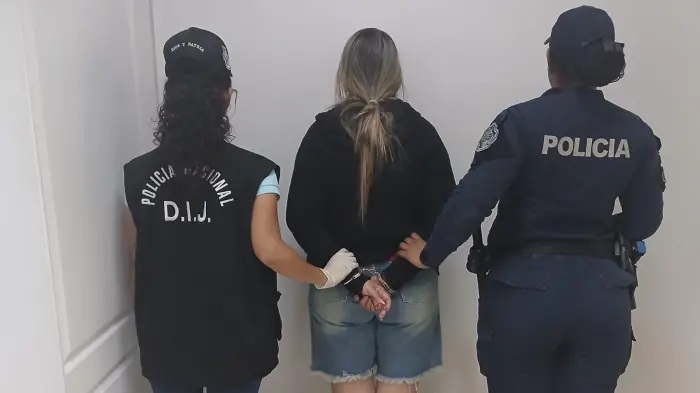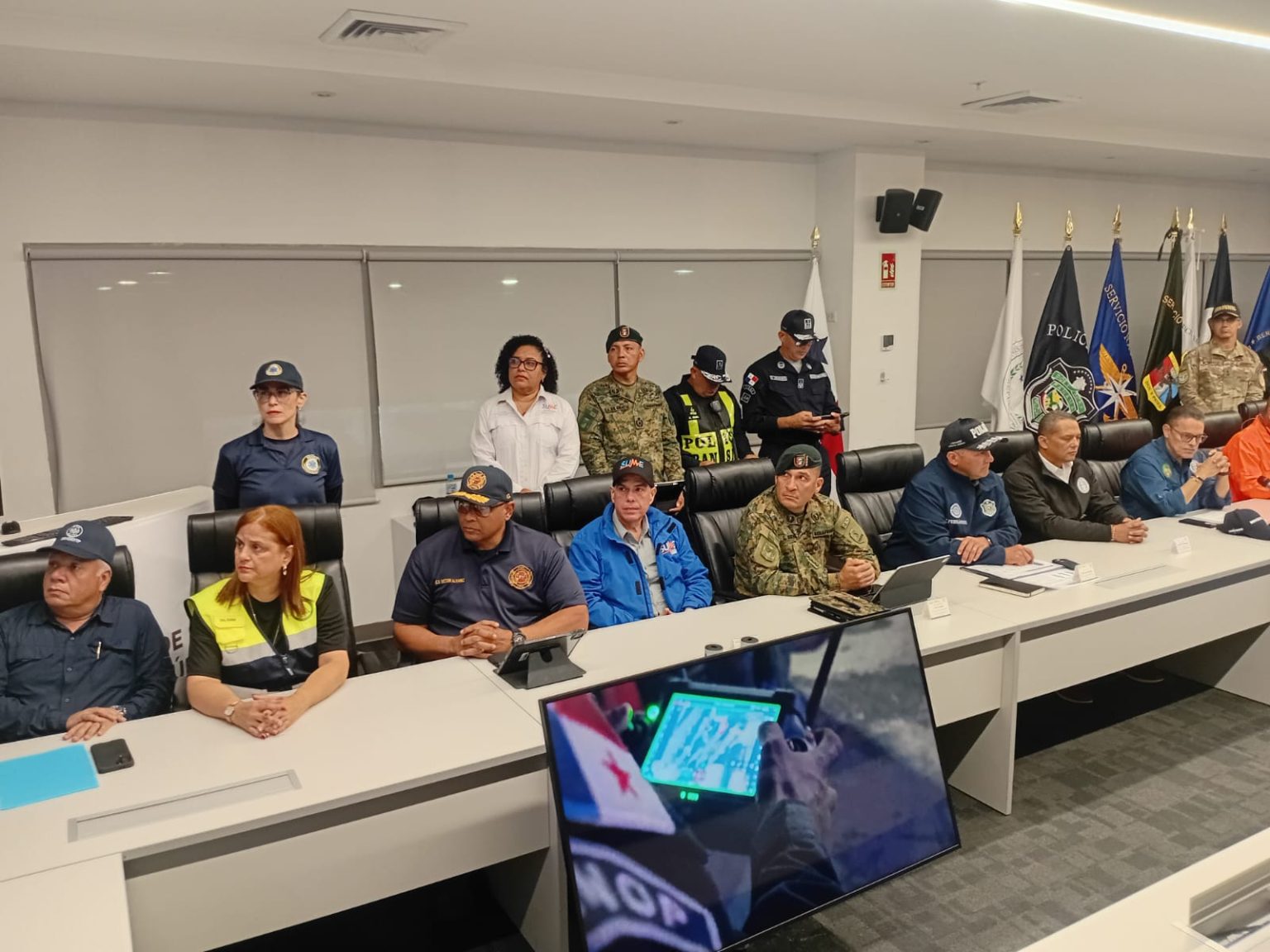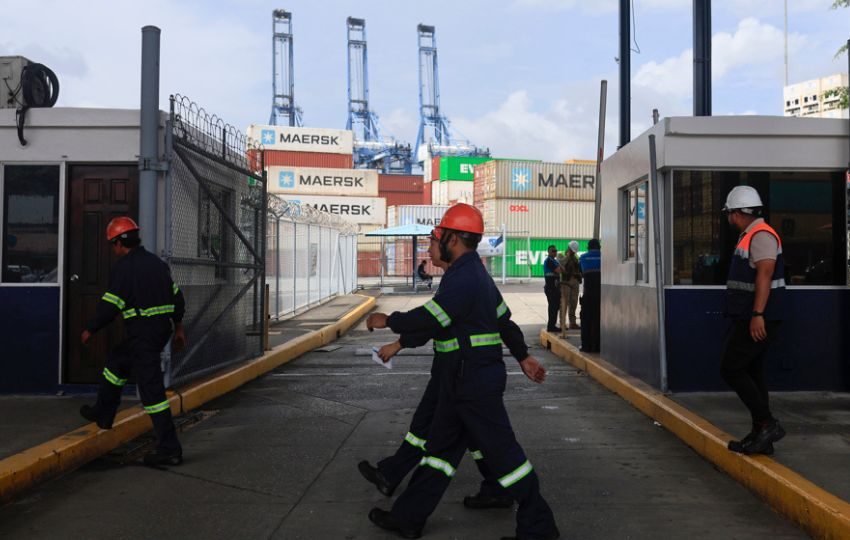Noriega says hes sorry, wants forgiveness

Former Panamanian dictator, Manuel Antonio Noriega, broke a near 20 year silence on Wednesday June 24 to ask his fellow country people to forgive him and the military regime for the brutal actions that ended in 1989 with the U.S. invasion.
Noriega, interviewed bty TVN in the El Renacer white collar prison, where he has been held since his return to the country,began the brief interview with local network Telemetro reading a handwritten statement in which he said his apology came after days of reflection with his family and members of the church.
He said he wasn’t motivated by any personal interest but a sincere desire to bring closure to the military era, a dark chapter in Panama’s history that left the country in ruins and with hundreds dead.
“Before the altar of my conscience I’ve come to express myself in the spirit of forgiveness,” Noriega said, his hand shaking, but otherwise appearing in good health for his 81 years.
The onetime CIA informant hadn’t spoken to a journalist since a 1996 interview with CNN’s Larry King in a Miami federal prison, where he was sent for being a major conduit for Colombian cocaine traffickers.
After completing his sentence in the U.S., Noriega was extradited to France to serve time for money laundering. He returned to Panama in 2011 to complete a 60-year sentence for murder, corruption and embezzlement during the military’s three-decade rule.
Referring to himself as the “last general of the military era,” Noriega apologized to those “offended, affected, injured or humiliated” by his own actions or those of his superiors and subordinates during the Mitary regime that he began serving as a low-ranking officer in the 1960s.
He didn’t comment on any specific abuses and refused to take the bait when pressed about whether his act of contrition involved clarifying the circumstances that led to the disappearance and murder of two prominent opponents, Hugo Spadafora who was found beheaded after being arrested and Hector Gallegos, a “disappeared” priest.
Saying he was “totally at peace” with himself, Noriega said he didn’t want to distract from the “solemnity” of his statement.
MIXED REACTION
Many saw the apology as a surprising capitulation from the famously stubborn strongman, who lost his apparent interest in, and power to influence, Panamanian politics years ago says La Prensa.
Relatives of some of those killed under Noriega appeared on TV expressing outrage. One said she had forgiven him, but ciould not forget.
But others judged it as a sly move to pave the way for a presidential pardon or for him to finish his sentence under house arrest, something his lawyers have been seeking on medical grounds for years. Indeed, he prefaced his written statement with a brief protest against what he said were excessively long sentences imposed in absentia. by Panamanian courts
A legal observer told Newsroom: “Nowadays, with all the cases of corruption coming to light, Panamanian justice and Government should keep in mind the message they want to deliver to society and especially to new generations. Justice is about paying your debts by fulfilling the sentences for your crimes, nothing to do with an apology, whether you mean it or not.”





